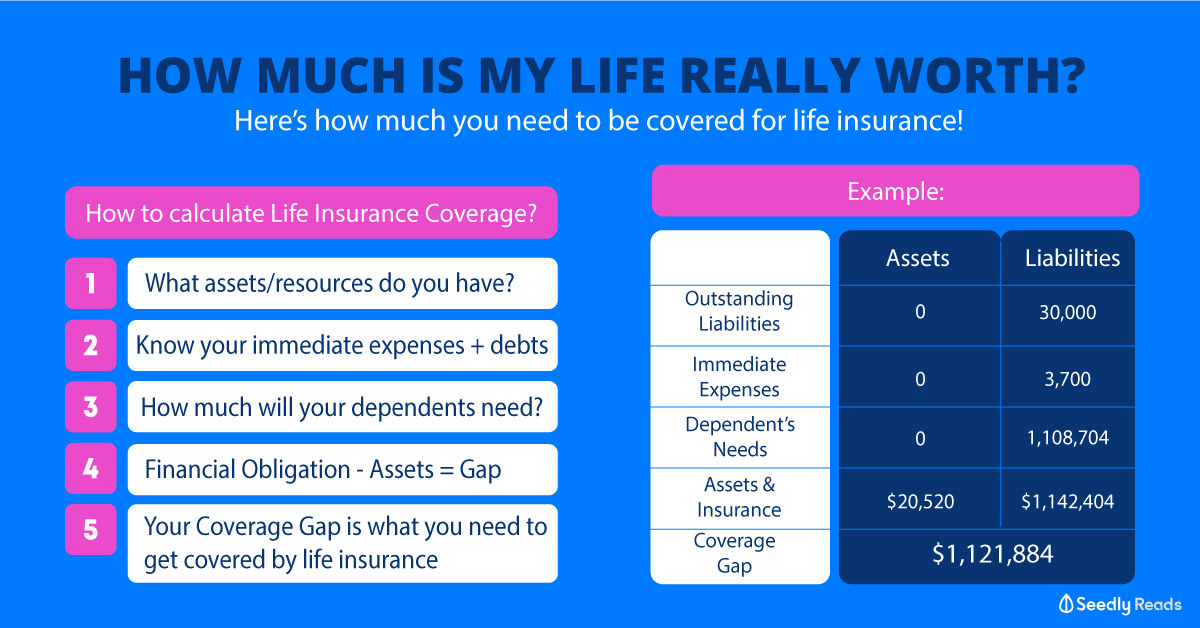Advertisement
Anonymous
Till what age should you cover with Multipay CI? Would you extend cover from 70 to 80 because of longer life expectancy and its waiver of premium clause?
- Can afford premiums, but it'll be more taxing of course. Paying close to $80K in extra premiums till maturity, for a same $100K cover.
- Grandparents history of longevity in 90s and mum death in 60s due to cancer
- Aim to retire 65ish, no other financial commitment to late age
- More claims may occur at older age, with healthier lifestyle, medical advancements, option for alternative treatments
- Harder, more expensive to top up/extend in future.
- Have dependants. They will probably in their 40s by then, but maybe CI cover will be less stressful?
5
Discussion (5)
Learn how to style your text
Elijah Lee
16 Sep 2023
Senior Financial Services Manager at Phillip Securities (Jurong East)
Reply
Save
Depends on your personal preference. Personally bought my multipay CI till 85 cause I don't see it just as an income replacement, but that I would need money to pay copayment, explore alternative treatments, change my lifestyle or hire a caregiver.
Reply
Save
Tony
10 Sep 2023
Computer Engineering at Nanyang Technological university
CI is income replacement. If you plan to retire by 70 then there is no need to extend the CI coverag...
Read 1 other comments with a Seedly account
You will also enjoy exclusive benefits and get access to members only features.
Sign up or login with an email here
Write your thoughts
Related Articles
Related Posts
Related Posts
Advertisement








Hi anon,
Here's my take, but let me start by address your points first.
Personally, I'll definitely have a waiver of premium on a multipay plan, so that if I am ever diagnosed, I will never have to worry about affording the premiums and can instead focus on recovery.
I personally don't think I'll extend Multipay coverage past 75 as the total cost becomes prohibitively expensive, since its an exponential increase (your number of payable years go up in tandem with the premium, and the total cost is the product of those two numbers).
If I want cover beyond 75, I usually will fall back on my whole life with CI plans, and that's also because while I do believe medical advancement will happen, short of a revolutionary breakthrough, chances are that if I am diagnosed with a CI after 75, I am not likely to be able to survive. If I do beat the odds, then the next occurence will likely kill me off fast. A morbid thought for sure, but probably the case for years to come. I have an uncle and an aunt, both passed from cancer in their 70s and 80s, and they went from diagnosis to death in less than 6 months for both of them.